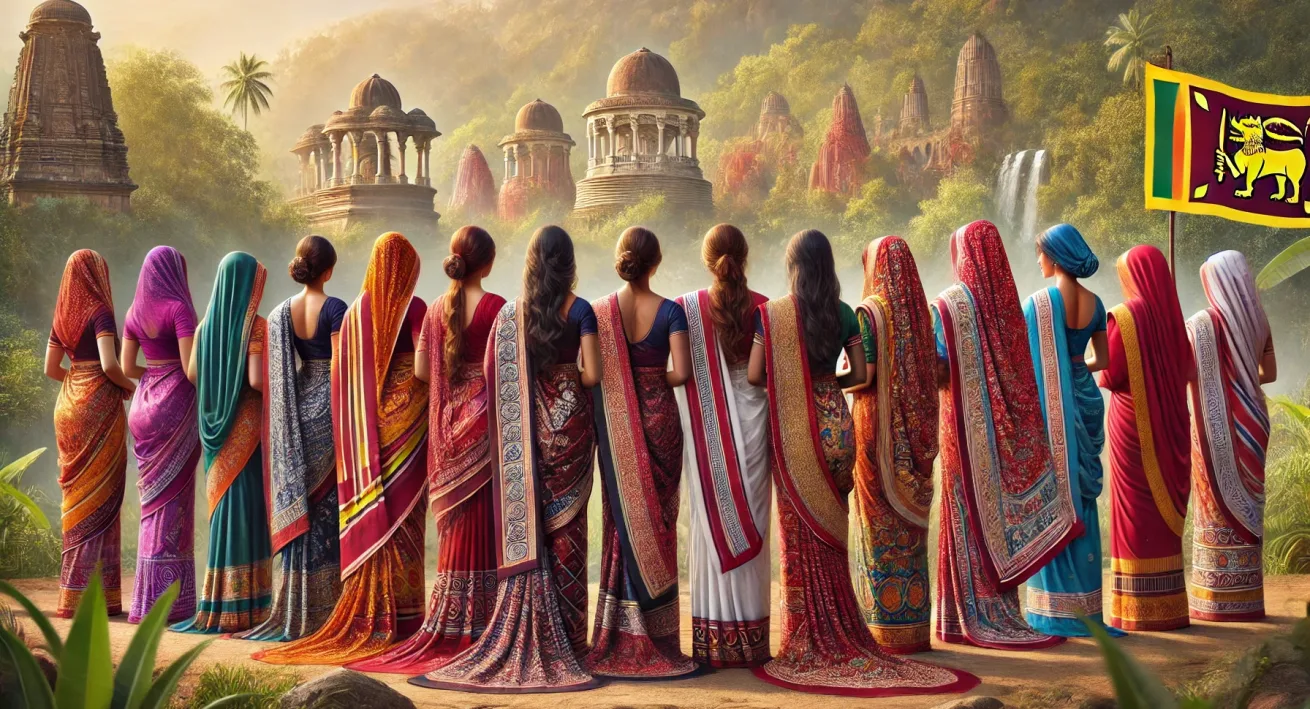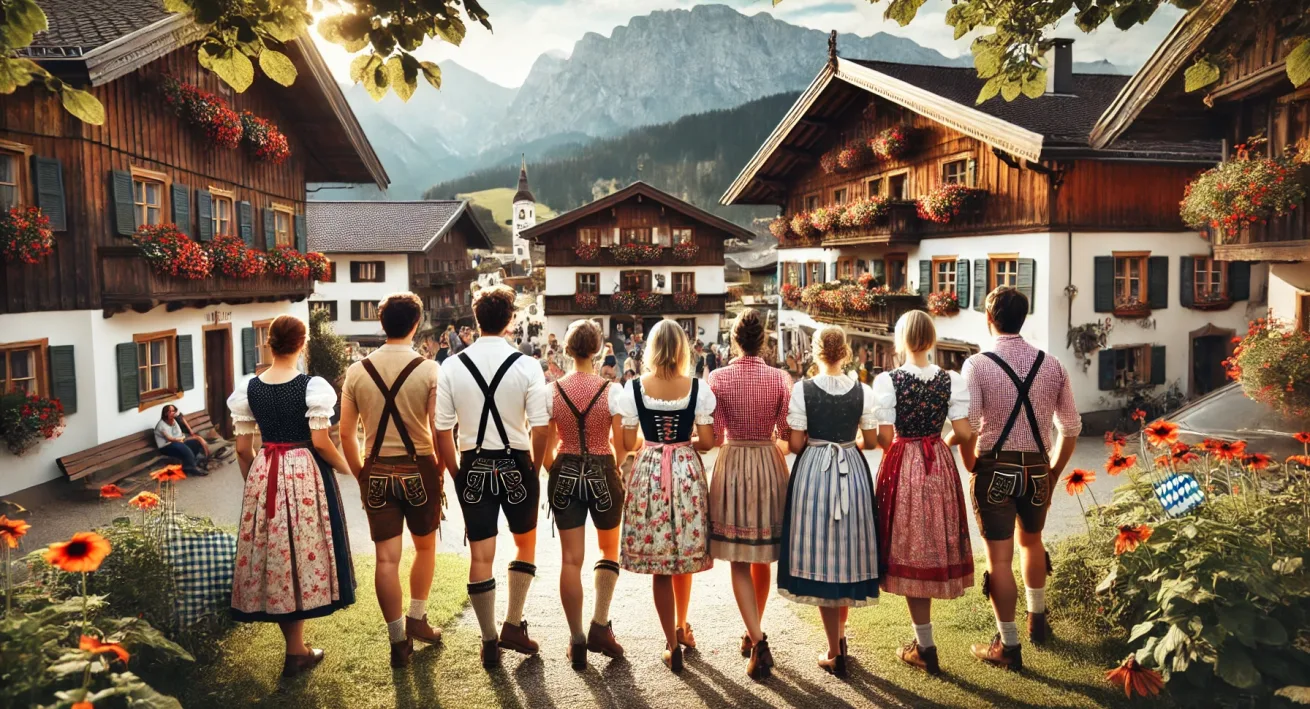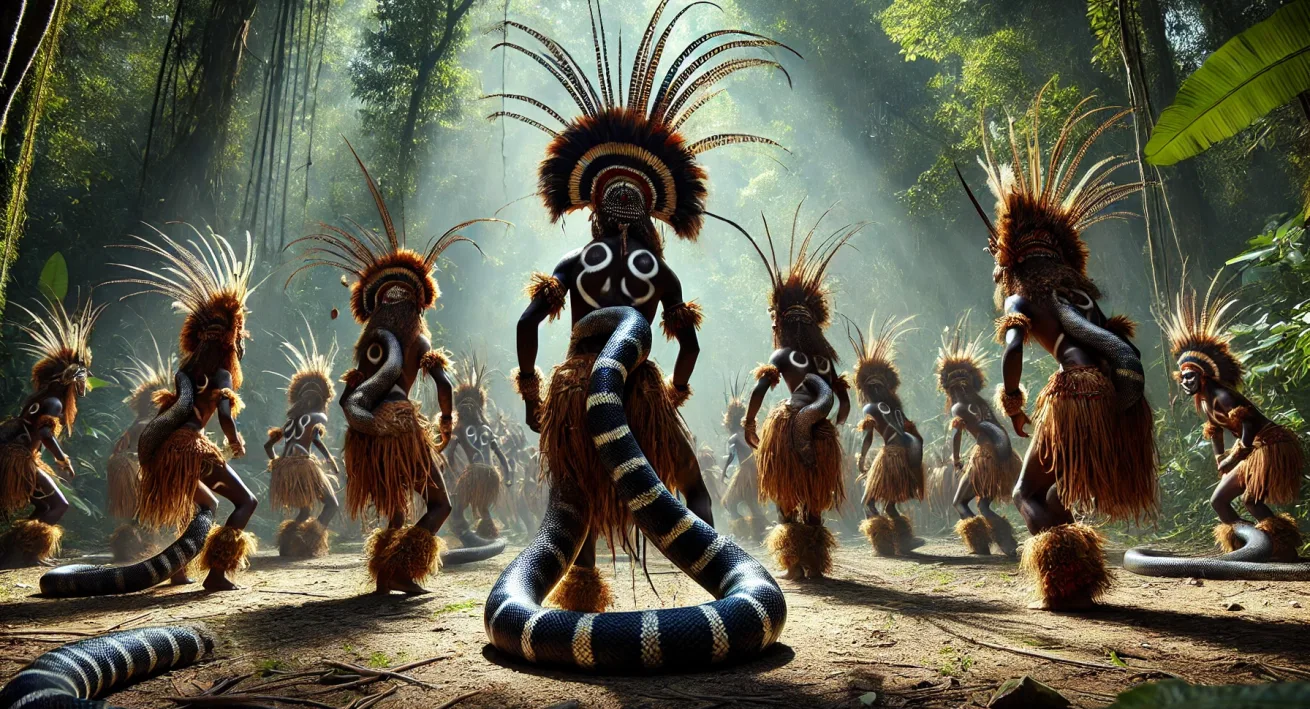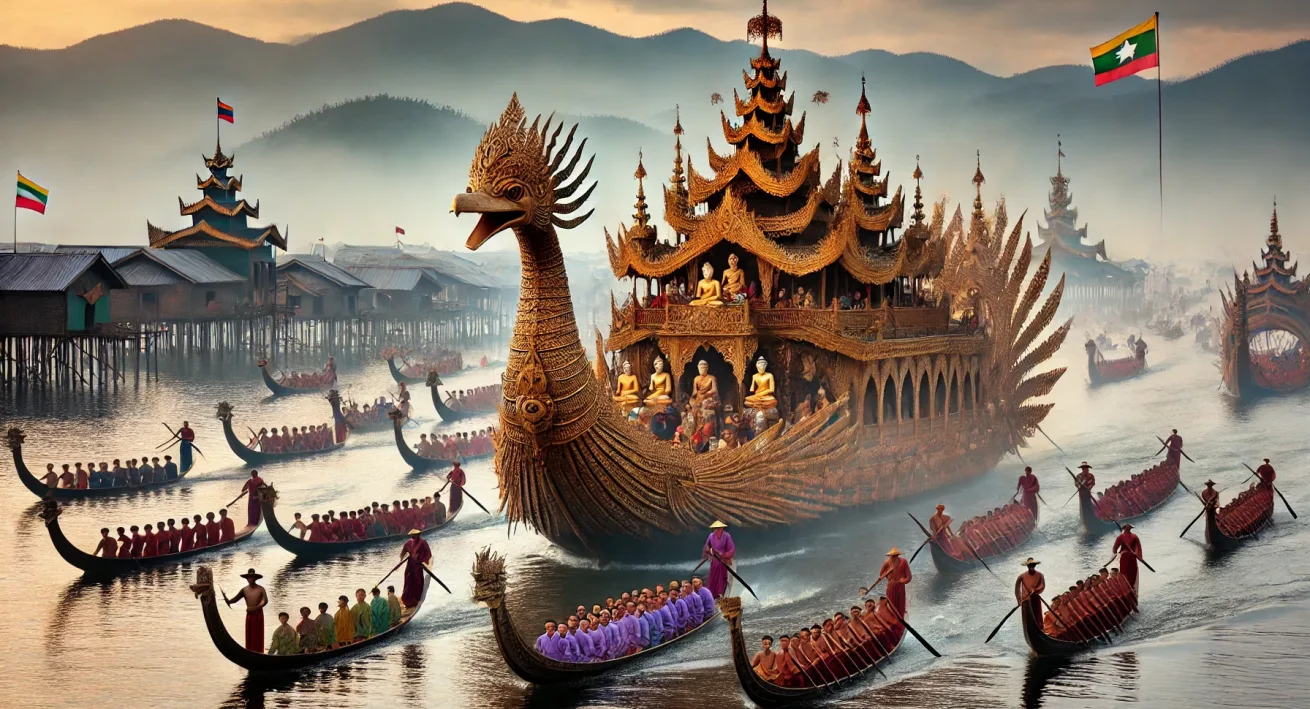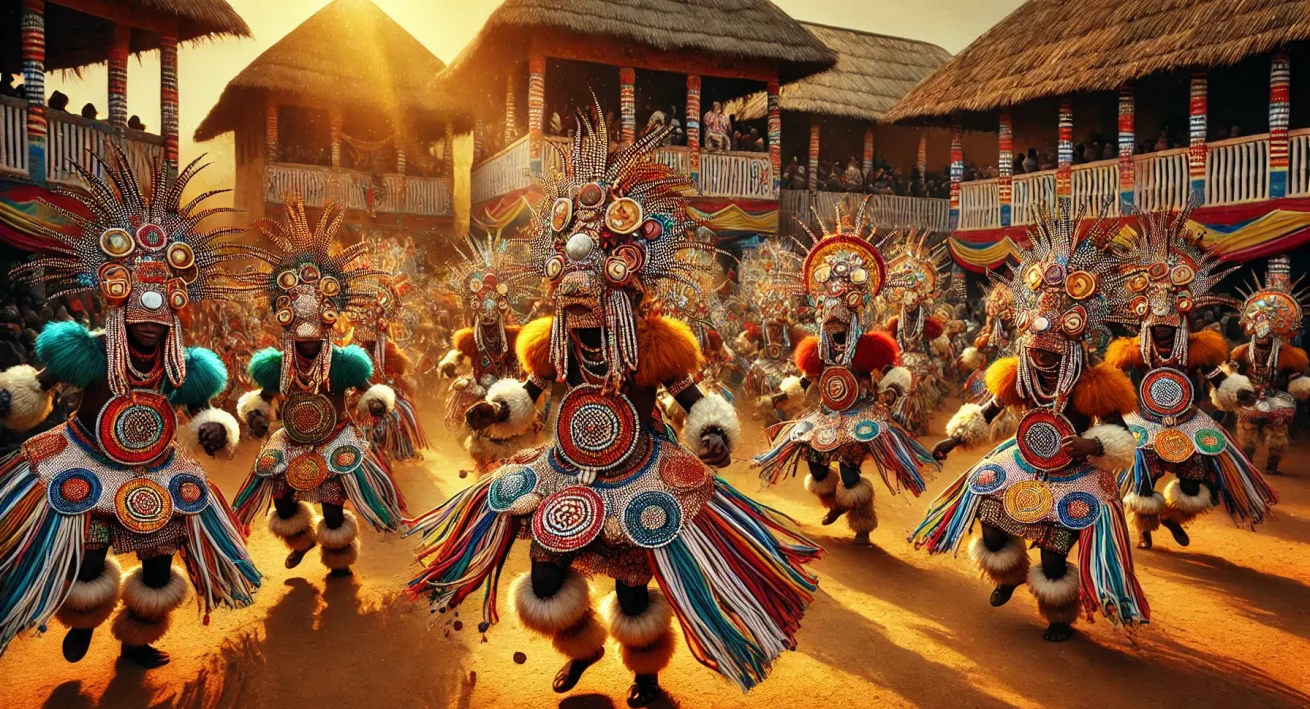The traditional sari is more than just a garment in Sri Lanka; it is an emblem of culture, identity, and heritage that has gracefully withstood the test of time. Worn primarily by women, the sari is a versatile piece of clothing, showcasing the intricate craftsmanship and vibrant traditions of the island. From everyday wear to ceremonial attire, the Sri Lankan sari holds a place of prominence across all aspects of life, representing a blend of simplicity, sophistication, and a rich cultural narrative. This article delves into the cultural significance, regional variations, and timeless appeal of the traditional Sri Lankan sari.
